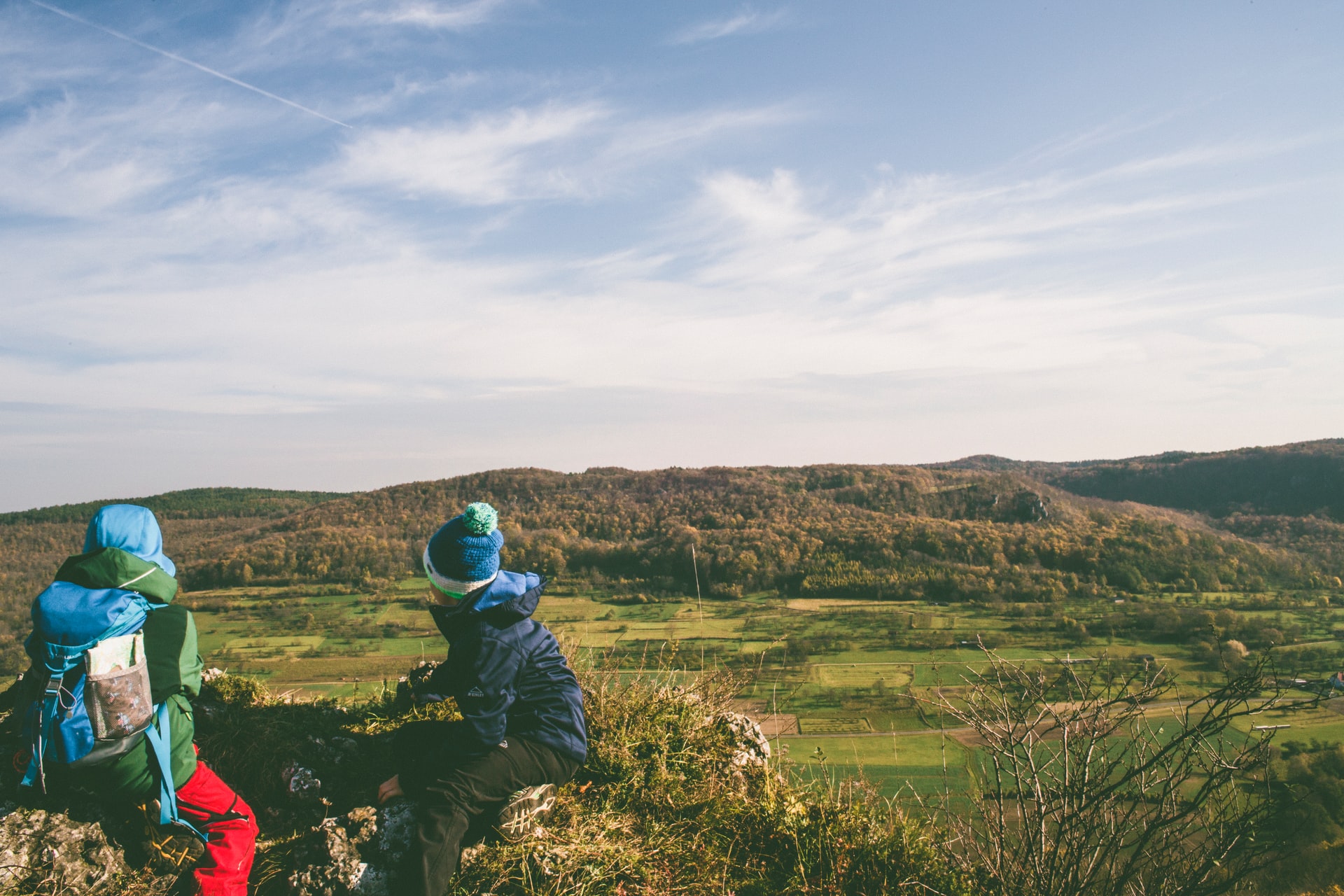NATURAL ENGLAND’S People and Nature Survey (children), has revealed clear inequalities for children engaging with nature, with 71% of children from ethnic minority backgrounds reporting spending less time outside since coronavirus compared with 57% of white children.
In addition, almost three-quarters (73%) of children from households with a total annual income below £17,000 spent less time outdoors, compared with 57% from households with an annual income above £17,000.
The survey also reveals six in ten children reported they have spent less time outdoors since the start of the coronavirus pandemic, with concern about catching or spreading coronavirus the biggest barrier stopping them going out more.
Scientific evidence shows how essential nature is to all of our physical health and our mental wellbeing.
Marian Spain, Chief Executive of Natural England
The positive role of nature in supporting well-being has also been revealed, with eight in ten children agreeing that being in nature made them very happy, while 70% said that they want to spend more time outdoors with friends post-pandemic.
Gardens
These findings build on Natural England’s latest People and Nature Survey, which reveal that the nation’s gardens, parks, woodlands and rivers have played a huge part in helping with their mental health during the coronavirus pandemic, with almost nine in ten of adults in England reporting that being in nature makes them very happy.
Marian Spain, Chief Executive of Natural England, said: “Children are telling us just how important time in nature is to their happiness and this backs up a strong weight of scientific evidence showing how essential nature is to all of our physical health and our mental wellbeing.
“These figures paint a stark picture of inequality of access to nature with children from our poorest families and those from ethnic minority backgrounds least likely to be able to enjoy those wellbeing benefits.
Recovery
“Addressing these inequalities must be a central part of a green recovery from the coronavirus. Natural England is committed to playing our part in making that happen, and our work on green infrastructure standards and pilots will increase the amount of nature-rich places close to where children live and play as part of a thriving nature recovery network.
“We are also working with partners to embed the use of green social prescribing to improve mental health and wellbeing for all.”
The joint DfE, Natural England and Defra Children and Nature programme is already working with children from disadvantaged backgrounds have better access to natural environments to support their mental health and wellbeing and engagement with school.
Three independent projects are providing greener grounds and pupil visits to green spaces for schools with the highest proportion of disadvantaged pupils, scaling-up care farming services (the therapeutic use of farming practices) for children and adults facing disadvantage or social exclusion and expanding community forest and woodland outreach activities being delivered to school children, particularly those in disadvantaged areas.


Comments Form